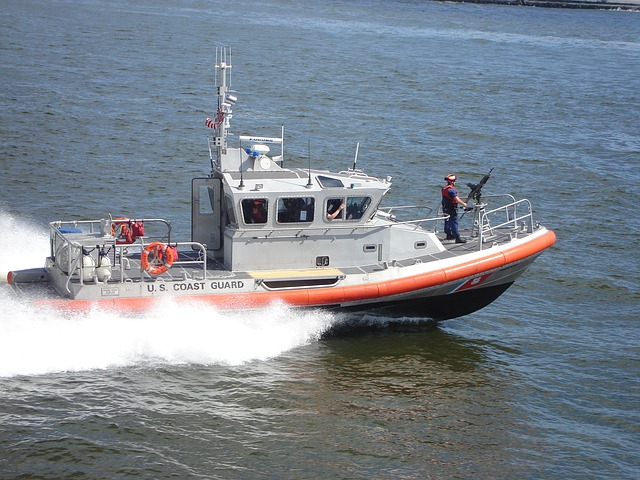Boat Security Tips – Use Boat Alarm Motion Detectors to Stay Safe

Sailing on the water, catching fish on a leisure day sounds too interesting and exactly the opposite if your boat gets stolen. To protect your vessel from any act of theft or so, the main thing to consider is that a thief will search for a simple chance to trick you. Help anticipate robbery by recalling time, clutter, and visibility. The more you can do to expand the time it takes to take your vessel, the happier you’ll be. Each measure you take toward robbery awareness should make commotion to ward off the thief and your vessel need to be obvious, making it hard to take. From using dependable boat alarm motion detectors to installing marine grade security cameras, the choices are many. You can use the advanced boat safety equipment to make the most of your every voyage without having to worry about theft.
Here are some extra tips to help ensure your boat remains safe:
Get a Wireless Security System Onboard
Protecting your vessel with a wireless security system or boat alarm motion detectors is the main thing you can do to avoid burglary. It isn’t in every case simple to locate the correct security supplier, so here are a couple of interesting points to make the decision simpler for you:
Unwavering quality: Is the security system intended to last? Is it designed to work in a water domain? Ensure you get some information about the reasonableness of the selected marine security system as well. Is it manual or you can operate it remotely or wirelessly? The better decision is to opt for wireless boat security systems as they offer added benefits over the manual and traditional security systems.
Simple to Use: If the selected security system isn’t anything but difficult to utilize, odds are you won’t utilize it legitimately. Ensure you are open to working the alarm system or motion detectors on your own.
Inclusion: Ask if the security system ensures decks, hatches, and the gunwale. See whether the alarm is activated when an interloper first ascensions ready or if the alert hangs tight to alarm when somebody enters the lodge.
Earth secured: Your vessel will be out in nature and on the water for extended periods of time. Your alert parts should be covered with a sealant to secure against natural elements like water, downpour, sun, and wind.
Motion sensor lights: Well-lit vessels and capacity zones will help discourage a criminal. One approach to guarantee there is great lighting throughout the boat is with motion sensor lights and boat alarm motion detectors. Names like ADT, FrontPoint, and SimpliSafe all offer motion sensors and alarms as a major aspect of their security products, as do other brands like Protect America and LifeShield, at their most noteworthy security package levels.
Ensure the Boat Can’t Move When It’s Idle
The harder it is to move the vessel, the more troublesome it is to take away. Around 90% of stolen vessels are taken while on the trailer. In the event that you should leave your boat on a trailer, you can anchor the trailer edge to a tree or other durable item to shield the trailer from being moved effectively, or put a boot on one of the tires. In the event that you store your boat at home, park it as an afterthought or behind the house. You will likewise need to stop so the trailer tongue doesn’t confront the road.
In the event that you leave your boat on the water, ensure you don’t leave the keys in the racer box or anyplace else on the vessel. In case your vessel has a dinghy, store it on the essential vessel, if conceivable. Or when the dinghy needs to remain in the water, make certain to utilize a locking link to tie down it to the essential vessel. There are many accessories apart from wireless security systems and marine grade security cameras available in the market that would help you keep your vessel safe. These products help keep your boat fixed to a position, making it harder to move when not in use.
Don’t Keep Individual Property and Important Documents Onboard
In case you have individual property on your vessel, similar to hardware, angling gear, or drifting hardware, either move it out of the site or of the vessel altogether. When your boat is not in use, it’s ideal to remove the essential documents, archive papers, and other critical stuff.
Would you like to receive similar articles by email?





